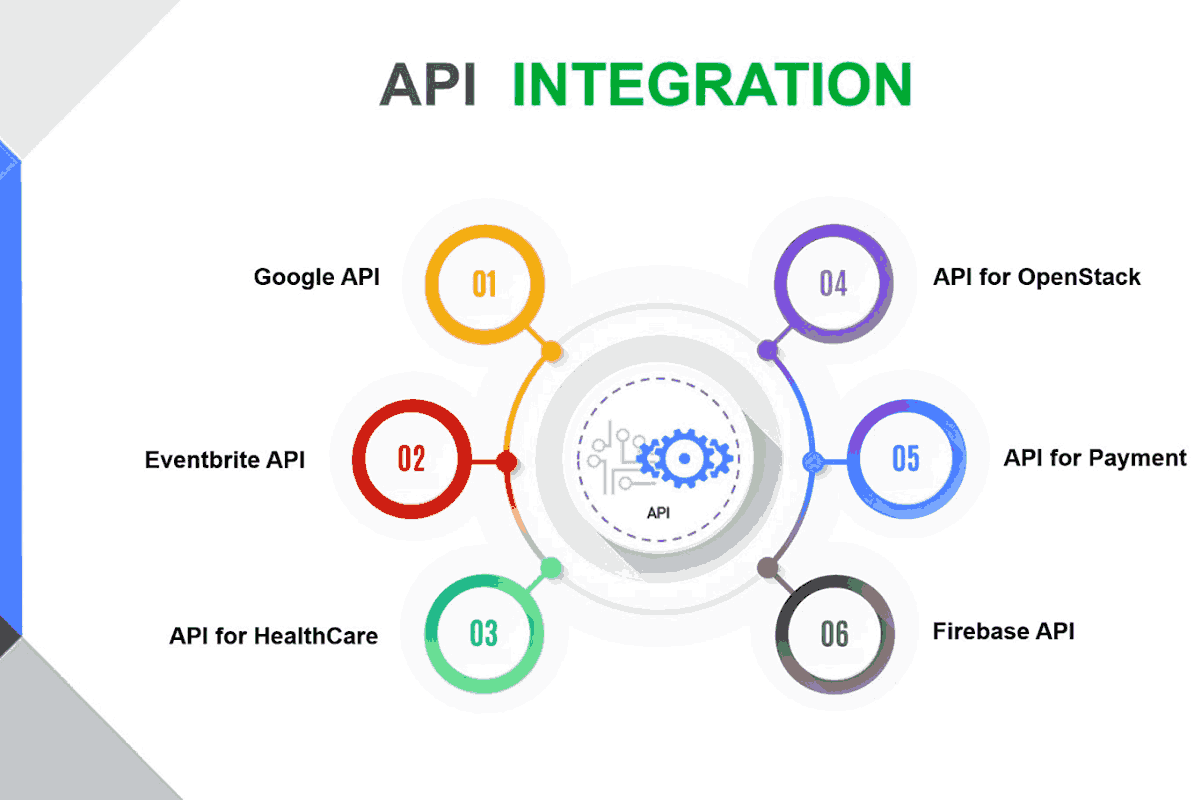
In today’s digital age, video games have become more than just a source of entertainment—they are a powerful industry, a creative outlet, and even a career path. From mobile games and indie hits to AAA console blockbusters, each experience starts with one thing: code.
If you’ve ever wondered how to learn to code video games, you’re not alone. Many beginners are entering the exciting world of game development with nothing more than curiosity and a computer.
But where do you start?
Understanding the Basics of Game Development
Before diving into programming languages or engines, it’s important to understand what goes into a video game. Game development is a multidisciplinary field involving design, art, storytelling, audio, and—most critically—programming. Coding is the glue that holds all the visual and audio elements together, allowing a game to respond to input, simulate physics, manage interactions, and much more.
Knowing how games function under the hood helps you make smarter decisions when picking the right tools and path.
Choosing the Right Programming Language
There’s no single “best” language for game development—it depends on the platform, engine, and complexity of your project. However, some beginner-friendly languages and their popular use cases include:
-
Python – Great for learning the basics. Libraries like Pygame let you create simple 2D games.
-
C# – The language of Unity, one of the most popular game engines.
-
C++ – Powerful but complex, it’s commonly used in Unreal Engine and high-performance games.
-
JavaScript – Ideal for browser-based games using HTML5 and frameworks like Phaser.
If your focus is on mobile or indie games, starting with Python or C# is often the most accessible route.
Picking a Game Engine
A game engine simplifies many complex tasks by providing ready-to-use tools and systems. This is especially helpful for beginners. Here are some engines widely used in the industry:
-
Unity: Excellent for 2D and 3D games. Uses C# and is well-supported with tutorials and community forums.
-
Unreal Engine: Known for high-end 3D graphics. Uses C++ and Blueprint (a visual scripting tool).
-
Godot: Open-source and beginner-friendly. Uses GDScript, similar to Python.
-
GameMaker Studio: Popular for 2D games. Uses its own language, GML, and has drag-and-drop features.
Selecting an engine that matches your goals makes it easier to stay motivated and see progress.
Online Learning Resources
Thanks to the internet, learning to code for games has never been more accessible. Whether you prefer reading, watching, or doing, there are resources to match your style:
-
YouTube tutorials: Many developers post step-by-step video guides for beginners.
-
Online courses: Platforms like Udemy, Coursera, and Codecademy offer structured paths.
-
Game dev communities: Reddit, Discord, and Stack Overflow can provide support and answer questions.
-
Official engine docs: Unity, Unreal, and Godot all offer free and extensive documentation.
Consistency is key. Don’t try to learn everything at once—focus on small, achievable goals.
Building Your First Game
Once you’ve learned the basics, the best way to solidify your knowledge is by making something. It doesn’t have to be groundbreaking. Even a simple project like a 2D platformer or a top-down shooter can teach you:
-
Basic physics (gravity, collisions)
-
User input (keyboard/mouse/controller)
-
Score and level tracking
-
Sound integration
-
Saving/loading progress
Working on a small game from start to finish gives you hands-on experience and builds confidence.
Common Mistakes to Avoid
Many beginners get overwhelmed or frustrated when things don’t go as planned. Here are some common pitfalls to watch out for:
-
Starting too big: Keep your first projects small. You’ll learn more by finishing a basic game than starting an ambitious one and giving up.
-
Skipping the fundamentals: Take time to learn basic coding principles like loops, variables, and functions.
-
Ignoring debugging: Learning how to identify and fix problems is just as important as writing new code.
-
Not practicing regularly: Learning game development takes time. Set realistic schedules and celebrate small wins.
Staying Motivated Long-Term
Game development is a marathon, not a sprint. You’ll likely face setbacks, bugs, and creative blocks. What matters is perseverance. Surround yourself with a supportive community, share your work, and get feedback. Participate in game jams—short competitions where you build a game in 48 or 72 hours. These events are great for learning and networking.
Final Thoughts
If you're wondering how to learn to code video games, the answer lies in patience, practice, and passion. You don’t need a computer science degree or a giant studio to get started—just curiosity and the willingness to learn. Start small, stay consistent, and enjoy the process of turning your imagination into something interactive and fun.
Keywords:
- how to learn to code video games











Leave a comment